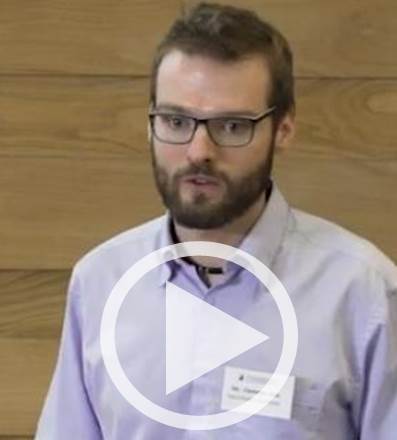Your basket is currently empty!
Gene transfer of MHC II-restricted CMV-specific TCRs for development of immunotherapy

Human cytomegalovirus (HCMV) frequently reactivates after hematopoietic stem cell transplantation (HSCT). Antiviral medication is not universally effective and has side effects that prohibit prophylaxis and limit pre-emptive use.
Adoptive transfer of CMV-specific T lymphocytes can protect patients at risk of CMV disease, but such T cells are difficult to obtain if the donor is CMV-negative. Transferring the T cell receptor (TCR) genes of CMV-specific T cell clones to donor T cells will convey CMV specificity to those cells. But if αβ T cells receive another αβ TCR, both TCRs may form mixed heterodimers. This problem can be solved by expressing αβ TCRs in easily available γδ T cells from the donor.
Although HCMV-specific CD4+ T cells are known to play a critical role in controlling HCMV and maintaining immunity, possibilities of their transgenic generation have not been explored.
Here we express CMV-specific TCRs from CD4+ T cell clones in T cells from CMV-negative donors. We established a panel of ten CMV-specific MHC class II-restricted TCRs targeting seven distinct epitopes of phosphoprotein 65 (pp65) and immediate-early protein 1 (IE-1) presented by a wide range of MHC II allotypes. These TCR genes were retrovirally transferred into γδ and αβ T cells from CMV-negative donors. The resulting T cells specifically recognized HLA-matched CMV-infected dendritic cells with comparable effectiveness, but backgrounds due to alloreactivity were even lower in γδ T cells than in αβ T cells. Experiments with inactivated virus showed that pp65 was mainly delivered as part of the virions, whereas IE-1 was endogenously expressed and presented to CMV-specific T cells by infected cells.
Our results identify γδ T cells that transgenically express MHC II-restricted TCRs as promising immunotherapeutic agents against CMV infection.
